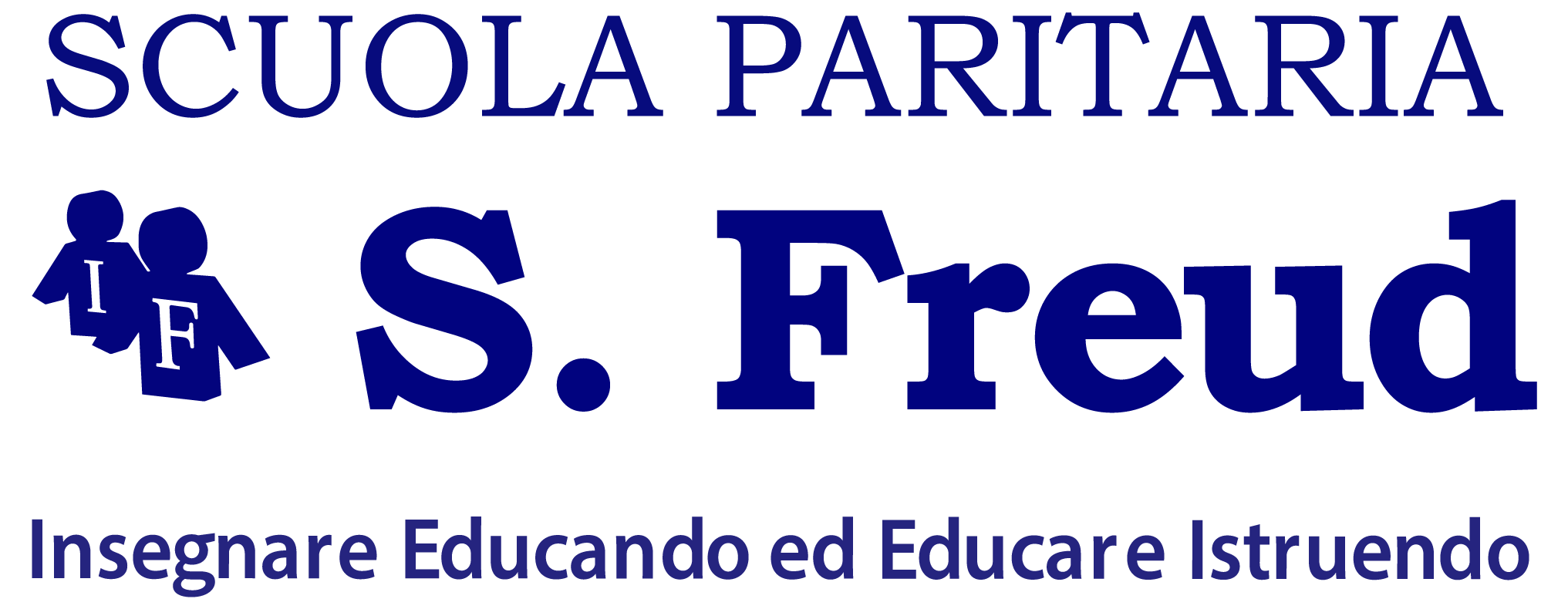15 dicembre 2023
Dr. Daniele Nappo - Legal Representative and Founder of the Private School S. Freud - in today's article deals with the topic of collegiate bodies, born in 1974 as a result of various school protests.
The school must be seen as a responsible community in which functions and tasks are exercised in participation. Today, modern spaces for relationships have lost their enthusiasm, collegiate bodies are outdated and, at times, not engaging. The fact is, however, that there can be no innovation without participation. The historical context in which the birth of the collegiate bodies in 1974 matured was marked by important social, political and cultural issues. The problems were the same: a high percentage of precarious workers, discussions about initial training and the recruitment system, safety in the workplace. These issues thus became the object of demands, so much so that in June 1970 they led to the blocking of examinations and scrutiny. The student protest demanded a democratic, anti-authoritarian school, open to all. School must be considered a place of relationships and the lockdown has highlighted all its significant strength. Schools must not, at every change of government, find a solution: the umpteenth accumulation of rules and the overlapping of regulations, which satisfies some but displeases others, does not put an end to the problem. A workforce that is not definitive, but constantly changed, indeterminate in numbers and people, often makes educational institutions work in emergencies. It is essential to encourage collegiate bodies, to regain awareness of their importance, to stimulate informed participation. Perhaps also in view of a possible reform of the collegiate bodies themselves. To bring the school back to the center, however, it is necessary that the actors of the school are aware protagonists and not spectators of the choices of politics. Only through the direct experience of responsibility can school actors exercise the role of a responsible community.


